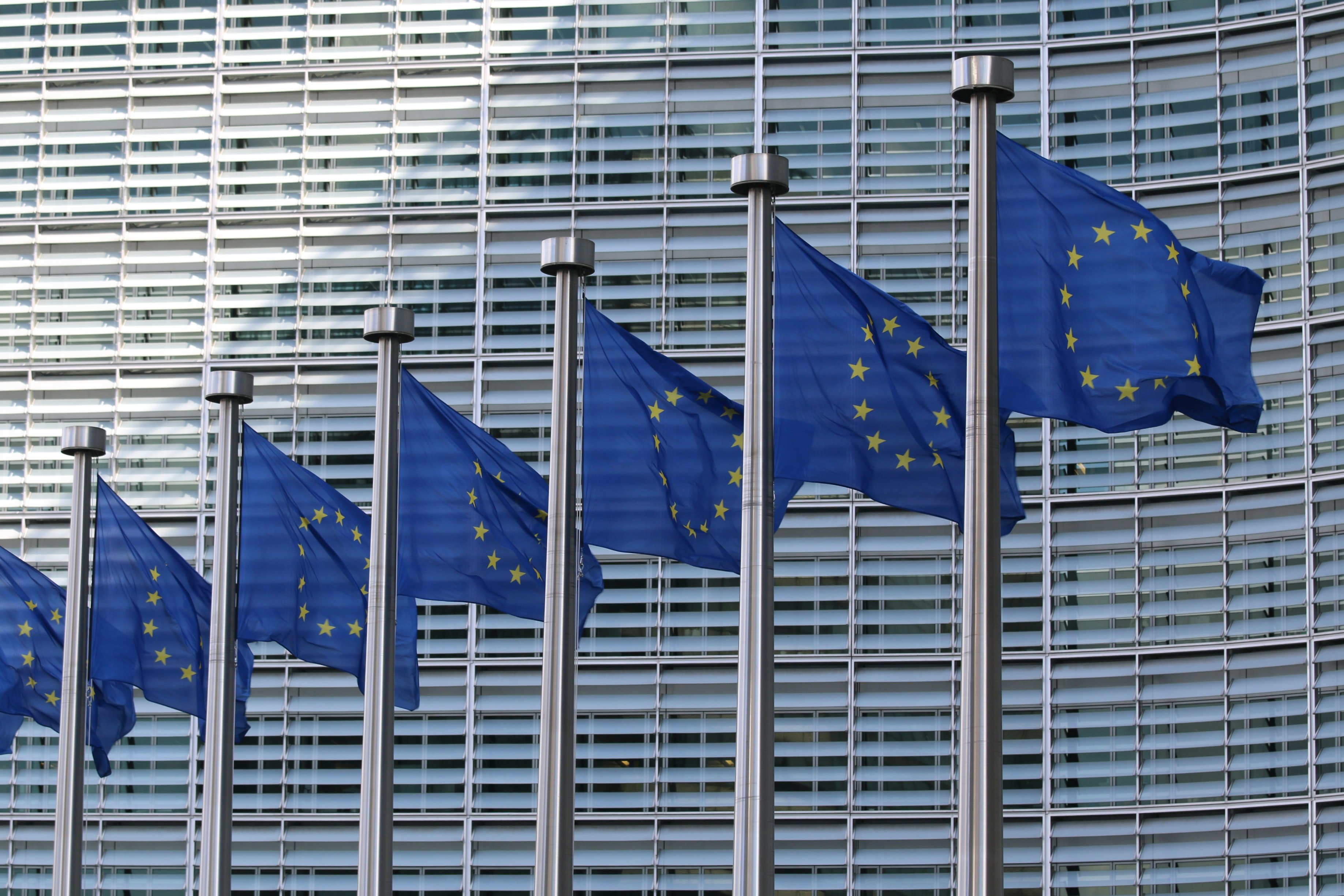The spokesperson for the European Commission, Tim McPhie, has stated that the amnesty law for the Catalan independence process being negotiated by Spain's Socialists (PSOE) "is an internal matter for Spain and must be dealt with within its constitutional order". This is a position that was already announced in September by the community spokesperson for Justice, Christian Wigand. On that occasion, Wigand affirmed: "Our position is well known: it is an internal matter for Spain, it simply must be addressed within the constitutional order, even the question of possible pardons." On both occasions, Brussels emphasized the need for any measure to be framed within the constitution.
Although the Commission had previously discussed the amnesty, McPhie was asked this Monday about the issue after Pedro Sánchez spoke about it for the first time on Saturday. "In the name of Spain, in the interest of Spain, in defence of coexistence between Spaniards, today I defend the amnesty in Catalonia for the events that took place in the last decade", affirmed Sánchez in his intervention in the federal committee meeting of the PSOE, the party's highest body that meets between full party congresses and includes members of the federal executive and territorial leaders, among others. The meeting reflected the recent optimism on the part of the PSOE leadership that their negotiations with Junts and ERC are close to bearing fruit, despite signals from the Catalan pro-independence parties in recent days that range from reserved to - in the case of ERC - openly concerned about the lack of negotiation progress.
Socialists, confident of the investiture (with reservations)
Officially, the Spanish government remains reticent about the state of the negotiations for the investiture of Pedro Sánchez and on the date on which the debate and vote could be held. A discretion that contrasts with Sánchez's addressing the issue head-on for the first time on Saturday. At the press conference following the latest cabinet meeting, the spokesperson and acting minister Isabel Rodríguez limited herself to noting that "it is the turn of the parliamentary groups", that is to say, the "representatives of the Spanish people" to "adopt the future decisions for Spain" - a reference to the investiture vote by MPs which will formalise Pedro Sánchez's candidature to be prime minister if the party negotiations conclude successfully.
Meanwhile, in the consultation with PSOE membership on going ahead with the investiture process, the proposed amnesty has been overshadowed. Specifically, the question being asked of party members only mentions the pact with Sumar and possible pacts with "other parties". The specific question is: "Do you side with the agreement to form a government with Sumar and get the support of other political parties to achieve the necessary majority?". This vote is required by party statutes, which say that consultations with the party cardholders on accords to form governments are mandatory and, as a result, binding. The consultation now open will last a week and the 172,600 direct affiliates of the PSOE will be able to vote, including the members of the Socialist Youth of Spain, those of the Catalan Socialist Party (PSC) and its youth organization (JSC).

